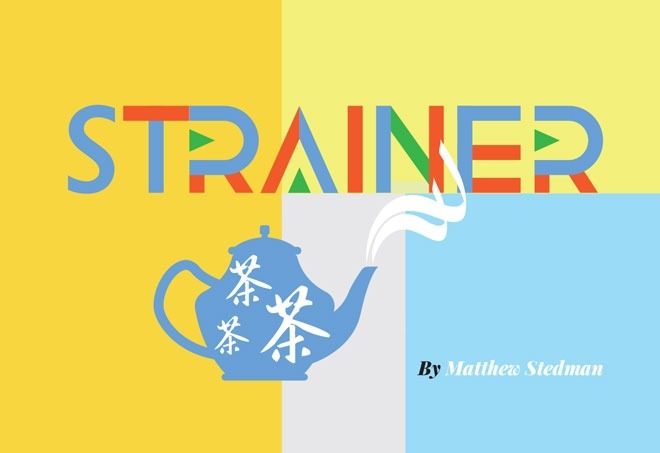No matter how much we enjoy a thing, it’s not enough; our enjoyment seeks validation.
Imagine a friend gave us a new DVD, but without introducing it. It’s blown us away. What a film! We’ve lingered over the credits, and, well, we’re now just one click away from checking the review on Rotten Tomatoes. But why would we read a review now?
Because we desperately want to see our opinion echoed in a forum higher than our own heads. Secretly, we want to see opinions like ours validated in the highest courts, enshrined in law.
Yes, but also, we want to soothe that nagging doubt that perhaps we weren’t right. Perhaps our tastes still need to be refined, aligned or informed. And that’s why we haven’t sent that friend our message of thanks just yet.
It’s this self doubt in our appraisal of things that interests me now. When the “authority” is manifested as a foreigner or a foreign lifestyle, the sensation is called the “cultural cringe”. Yes, we enjoy our parochial pleasures, but the real life; the real discrimination, happens somewhere more successful than here; we believe.
- Which Tea Brand Best Compliments Your Private Jet?
- Long Time, Long Jing No See
- Happy Lemon; Drink it Like a Russian
It’s the reason why posters of Hollywood film stars are used here in China to sell watches and perfume. This cultural cringe extends, I believe, to tea. Maybe you have seen the summits hosted in China, with foreign leaders each offered a tea bowl. In one tea shop in Beijing, I found a picture of Vladimir Putin visiting.
People in Taiwan remind listeners that their 东方美人 (Oriental Beauty) variety of oolong tea was named by Queen Elizabeth II. On the Mainland, you’ve seen the 东方树叶 (Oriental Leaves) range of unsweetened bottled teas, each label depicting brushes between China’s tea industry and foreign traders.
And you’ve seen the Chinglish on the side of every tea gift box; as if foreigners were greatly interested in these details.
Of course, this phenomenon is not restricted to China; the higher price of “export” beers, for example, suggests customers’ acceptance of an “international standard” exceeding the domestic.
- Perfect Median; China’s Take on Earl Grey
- Swallowing is Just the Beginning; Rain, Flower, Cloud!
- Sugar-Free Bottled Tea; China’s Wu Tang Cla
But it’s especially strange in this case, because so little of the tea consumed in the west is imported from China. And so little of the tea drunk in China has been imported from outside. While “World Class” or “Big in Japan” really aren’t the salient points here, clearly someone thinks that someone thinks they are.
As token white faces working here in China, we sometimes appear as props, as validation of “international standards”. Perceptions here have advanced far beyond the stage of fascination, but it is mostly the cultural cringe (rather than triumphalism) that still makes such tokens useful.
It does not need saying that this cringe is misplaced. Usually, it is the perceived cringe of the customer, rather than the seller’s own cringe that perpetuates this folly. Yet, the (tiresome) result is the same.
In tea marketing, as elsewhere, reaching for external authority is understandable. But we all need to trust ourselves a little more.









